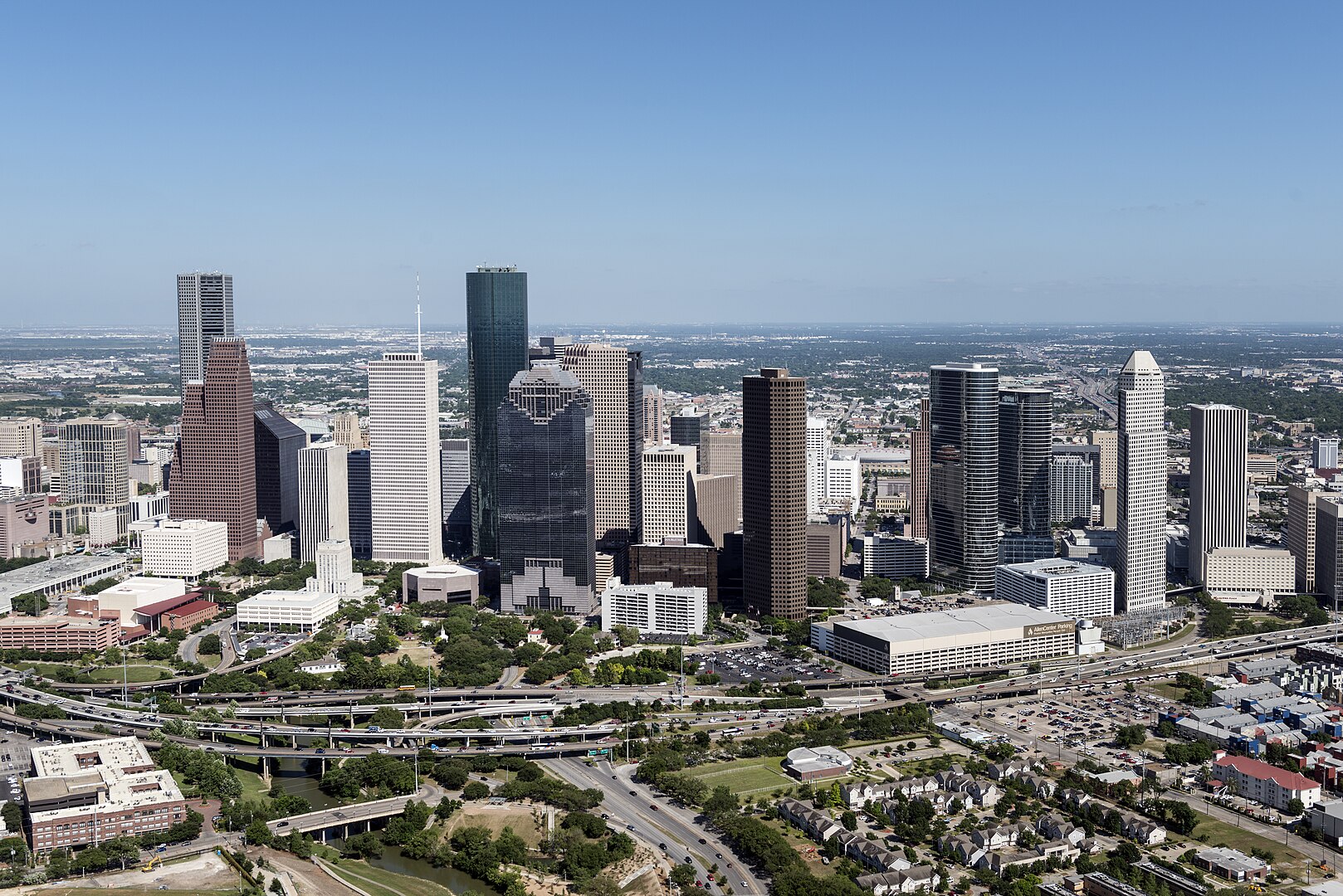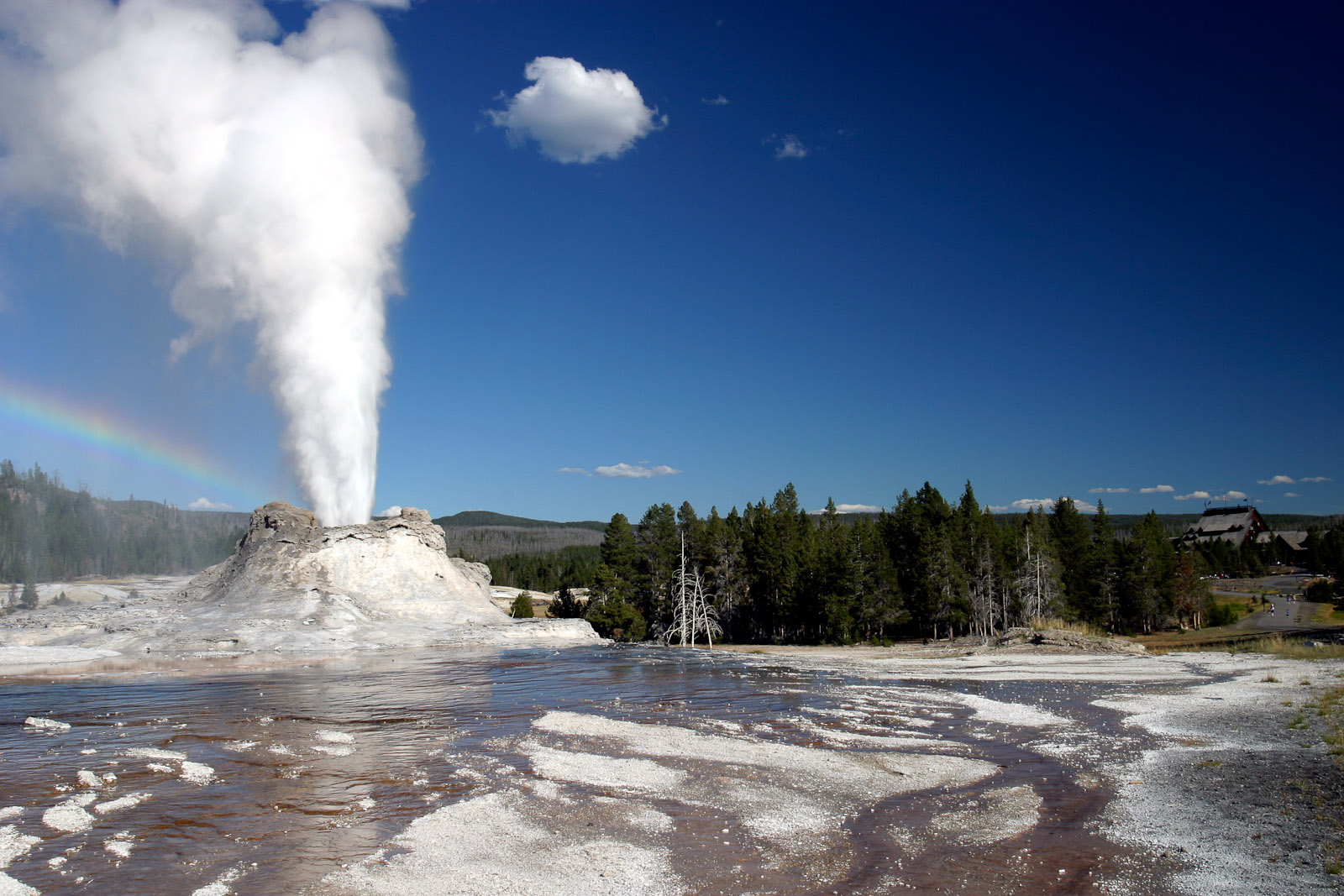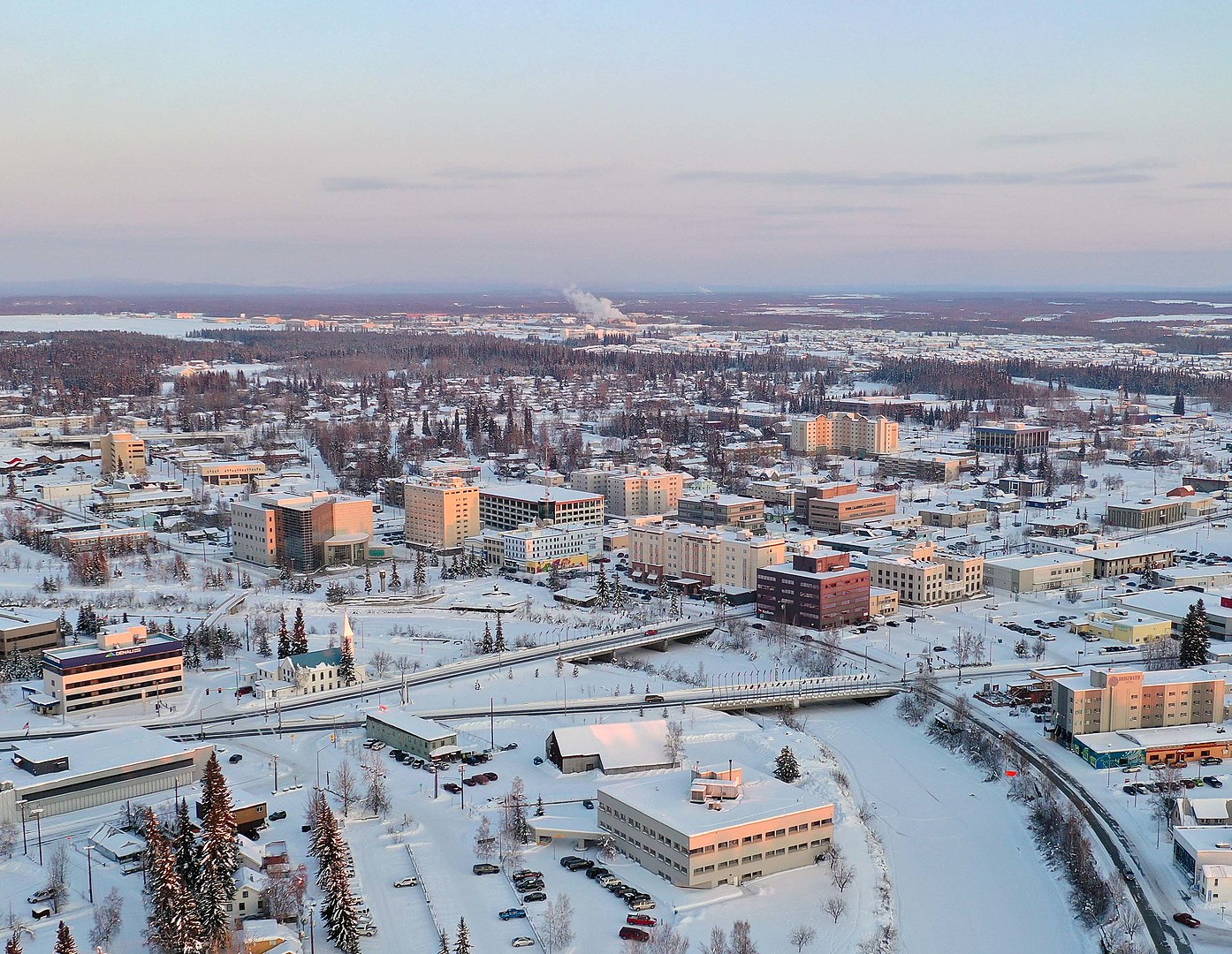According to the 2024 Retirement Confidence survey by the Employee Benefit Research Institute (EBRI), worker and retiree confidence levels have dropped considerably in 2023 and it hasn’t recovered in 2024.
Inflation is cited by approximately 31% of workers and 40% of retirees as the cause of their lack of confidence but there are several states where the lack of tax on pensions may help to combat this problem.
Inflation Concerns

In 2024, 78% of workers and 72% of retirees are concerned about inflation having an impact on their retirement plans.
39% of laborers and 27% of retired people feel unconfident about retirement because of their lack of savings. With increased optimism this year, Americans’ fear of inflation is slightly diminishing compared to 2023 but remains a constant in retirement plans.
Retirement Income

88% of workers and 91% of retirees in the United States consider Social Security to be a source of retirement income. In a similar vein, 62 percent of retirees and 35 percent of workers see Social Security as a significant source of income after retirement.
Close to half of the US residents have decided how much cash they will require retiring, and 52% of laborers and 44% of retired people want to save more.
Recession and Recovery

The likelihood of a recession was a concern for 71% of workers and 59% of retirees.
However, Americans are hopeful for a recovery in the economy and improvements as the Fed is prepared to cut rates on September 18. Financial markets have projected the Fed to initiate its easing cycle with a 25 bps reduction in its benchmark overnight interest rate.
Anticipated Amounts

The population of pollsters who believe they require less than $500,000 for retirement was 22% of workers and 33% of retirees.
Between $500,000 and $1 million was the estimation that 23% of workers and 21% of retirees believed would be sufficient for retirement. When it comes to actual savings, however, a third of workers reported having less than $50,000 while 14% said they had less than $1,000.
Retirement Age

The retirement age in America is 65 years however the median retirement age for Americans is 62 years.
When it comes to retiring, people who are on fixed incomes are more likely to move to different states in order to avail themselves of better retirement plans that impose little to no taxes.
Moving States

As per a report by Hire a Helper, approximately 338,000 US residents moved to another home in 2023, up from 44% in 2022. Retirement was the primary reason they moved.
These states typically shared common features: minimal cost of living, optimal warm climate, and a large retiree population. The key feature however concerning these states is that they don’t tax retirement or pension income.
Texas

Texas is popular for zero income tax and furthermore supports retired people with its tax accommodating nature.
Texas has a high tax rate of 6.25% and a property tax rate of 1.47%. In general, Texas is perhaps one of the best states that don’t impact income tax in the US.
Florida

Florida is one of the states that have no income tax and a more competitive 0.71 percent property tax rate.
Statewide sales tax stays at 6%, possibly coming to 8.25% with local increases. Florida was one of the top states that people moved to in 2023 according to a report by U-Haul Holding Company.
South Dakota

South Dakota is another notable retirement sanctuary with no income taxes and a property tax of just over 1%. The Homestead Exemption Program allows seniors over the age of 70 to defer paying their property taxes until the property is sold, with taxes accruing interest at 4% per year.
Prerequisites to be part of the arrangement include living in the state for at least 5 years or owning a house for a minimum of 3 years.
Wyoming

Wyoming is one of the best states that don’t have any form of income tax. Social security benefits and other retirement income are tax-free for retirees.
With low sales and property taxes, it’s proven to be a haven for retirees. The statewide sales tax rate is 4% while the property tax rate is 0.55%.
Alaska

Alaska ranks among the top states in America to not tax pension income. Since there is no income tax in the state, it is a popular destination for retirees.
The statewide sales tax rate is 0% and the property tax rate is 1.07%.
The main negative thing about Alaska is its unforgiving environment and somewhat higher living expenses.
